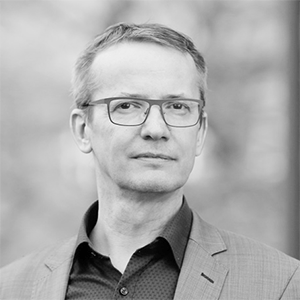
Luciana Travassos
Luciana Travassos is Professor of the Bachelor of Territorial Planning and of the Graduate Course of Territorial Planning and Management at the Federal University of ABC, São Paulo (Brazil).
Professor Travassos graduated in Architecture and Urbanism from the University of São Paulo (1999), with an MA and PhD in Environmental Science from the same university in 2005 and in 2010. She has been an advisor to the Municipal Secretariat of Urban Development of São Paulo, a professor at the Faculty of Architecture and Urbanism at the University of São Paulo, USP, and the Mauá Institute of Technology.
She is currently coordinating the project "Analysis of territorial dynamics and landscape changes in the headwaters of the Alto Tietê Watershed (SP)", funded by the National Council for Scientific and Technological Development (CNPq), and participates in two research projects: "Environmental Governance in the Macrometropolis Paulista in the face of climate variability", funded by the São Paulo Research Foundation, FAPESP and GovernAgua, and "Transforming water governance in South America: from reaction to adaptation and anticipation", funded by the Inter-American Institute for Global Change Research (IAI).
Professor Travassos works on the relationship between spatial production, from the point of view of territorial dynamics and public policies, and nature, with the bias of environmental justice. Her two main research objects are currently green infrastructure and the rural in the metropolitan.
LIAS FELLOW

The intention is to gather scientific insights about major societal challenges in LIAS on the basis of international and interdisciplinary consultation.
Luc Sels
Rector KU Leuven and Co-Chair LIAS Foundation
Contact
- Pater Damiaanplein 9
- BE-3000 LEUVEN
- Contact
- +32 16 32 38 29


